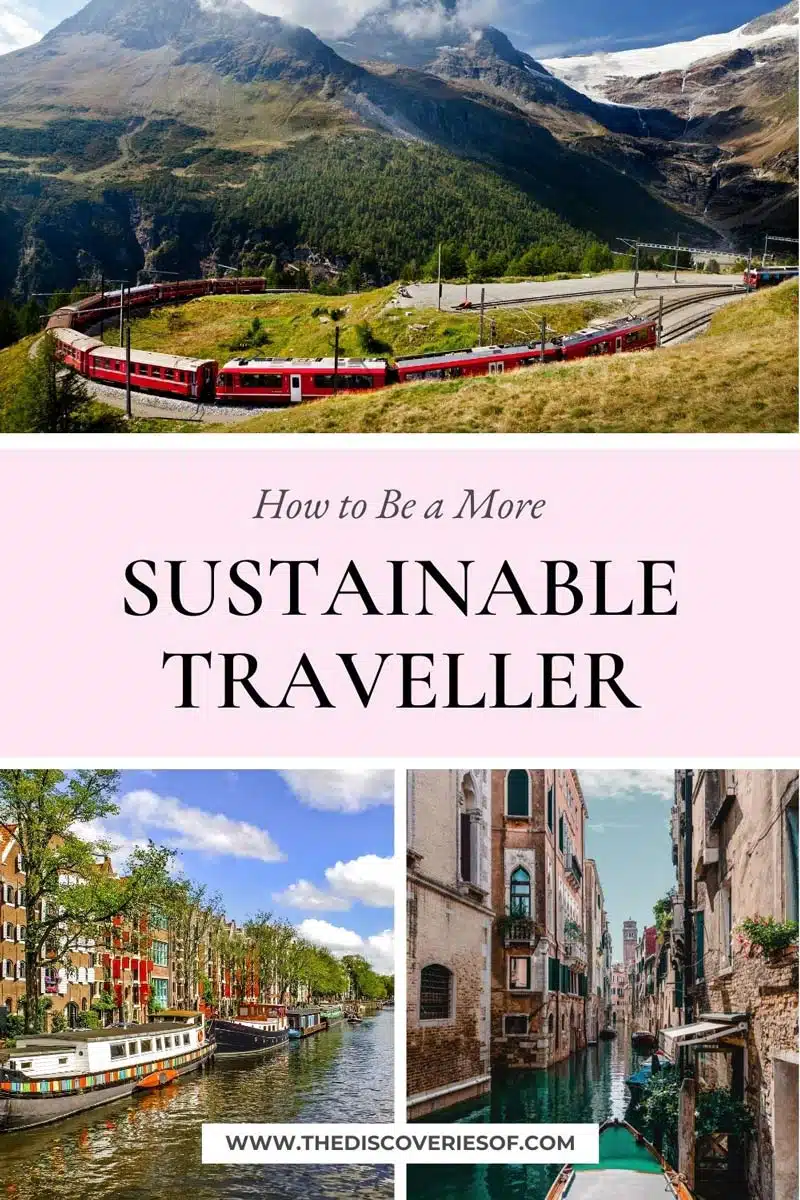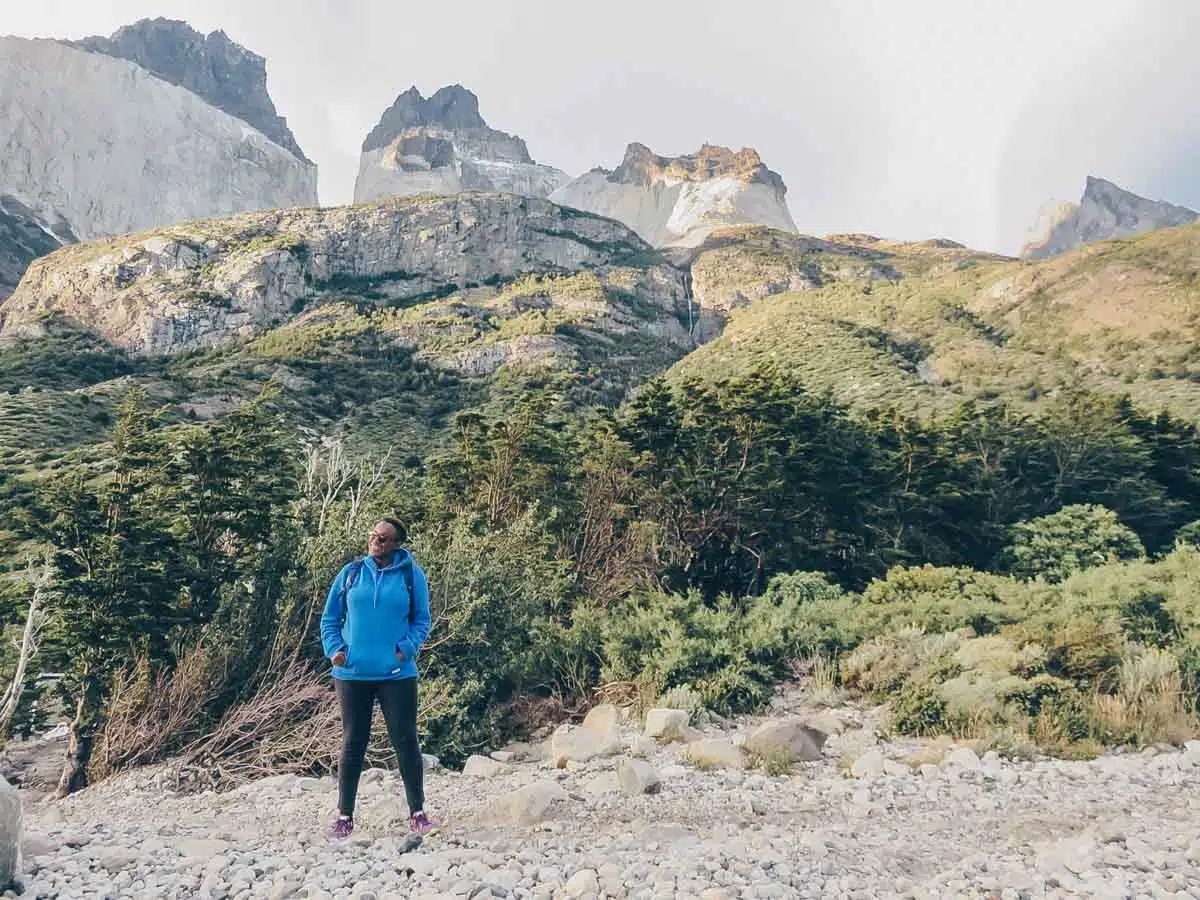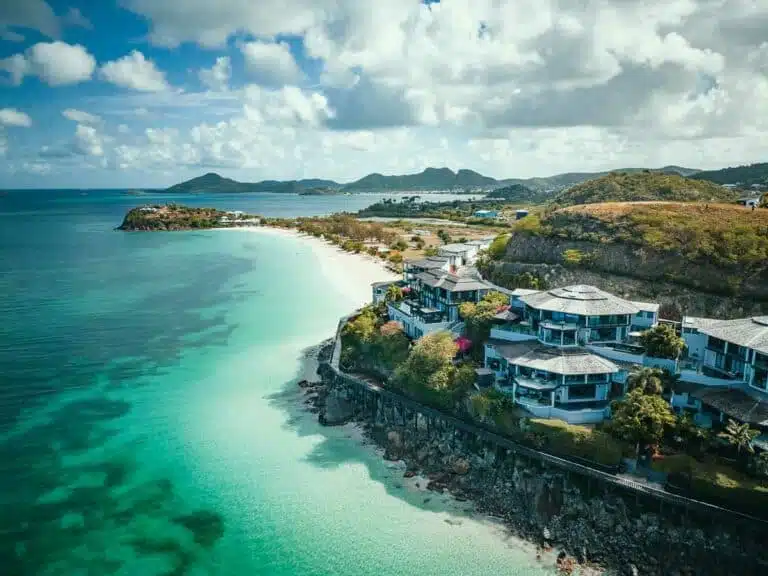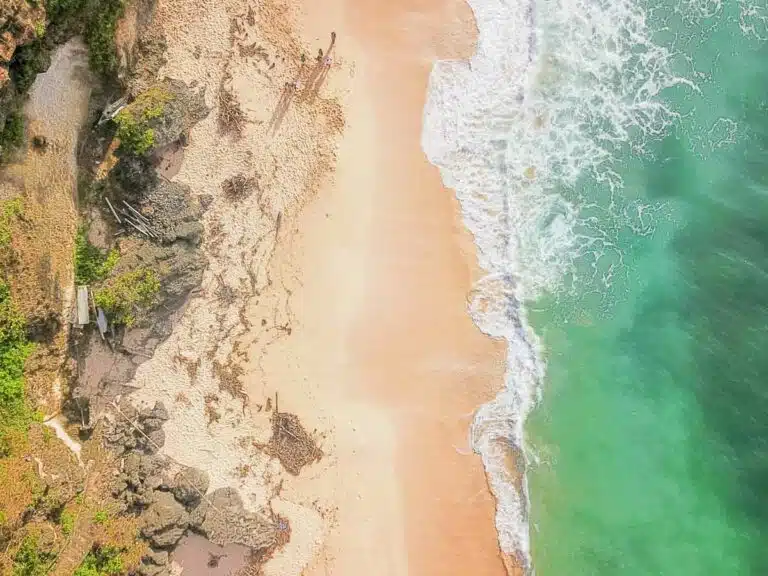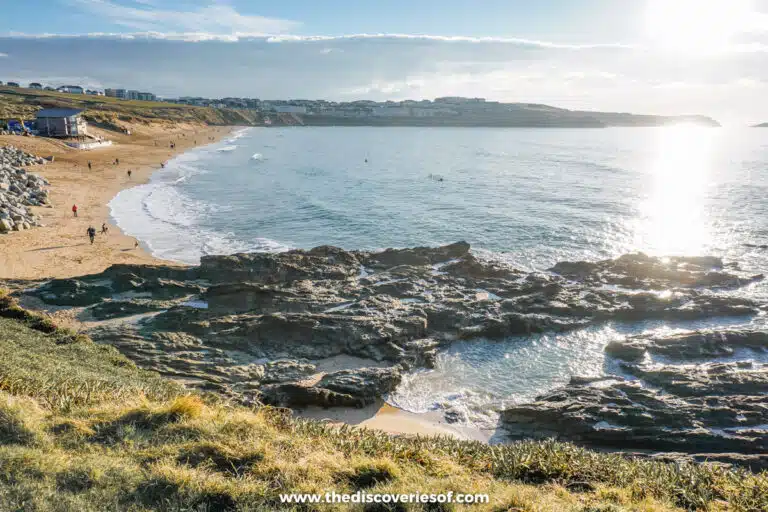Sustainable travel is (quite rightly) the buzzword on everyone’s lips, but what is it exactly, and how can you implement it into your own travels? We’re going to take a deep dive – this guide is packed with everything you need to know about ethical travel, along with practical and easy steps to help you start travelling more sustainably.
It’s no secret that I’m a real advocate for the benefits of travel. Without wanting to sound too woo-woo about things, travel can be transformative and has certainly been one of the defining factors in my own life.
But (there’s always a but, right?) it’s becoming increasingly clear that travel also has its downsides.
Cities like Venice and Dubrovnik creaking under the weight of tourists in the peak season, travellers who don’t spend any money in the local communities, people running from country to country prioritising that ever-higher “countries I’ve visited” number over and above the experience of being present – and that’s just the start.
We have problems.
Let’s talk straight-up facts, too – there are no simple answers, no magic wand we can wave to make these issues disappear, but there are steps we can take to help build a more sustainable travel ecosystem, and that’s what this guide will focus on.
I’m going to cover what sustainable travel is exactly, the benefits of adopting more conscious travel practices and how you can travel more sustainably. Ready to jump in? Let’s go.
What Is Sustainable Travel?
What does sustainable travel mean? To summarise, it means taking steps to reduce your environmental and social impact when visiting a destination.
Often used interchangeably with the phrase “responsible travel”, the concept of sustainable travel is rooted in the idea that you can travel positively to places near and far by practising healthy habits that consider and take steps to mitigate the negative impact (or even have a positive impact) on the environment, people and culture around you.
… And Why is Sustainable Travel Important?
So why should you travel sustainably? So many reasons.
The benefits of social and eco-conscious travel don’t only benefit future generations (though that’s important too). They can often make an immediate impact on the location you’re visiting.
When you travel sustainably, you’re helping to preserve a community and culture, alongside travelling in such a way that you’re reducing the environmental impact too.
The Three Pillars of Sustainable Travel
1. Environmental
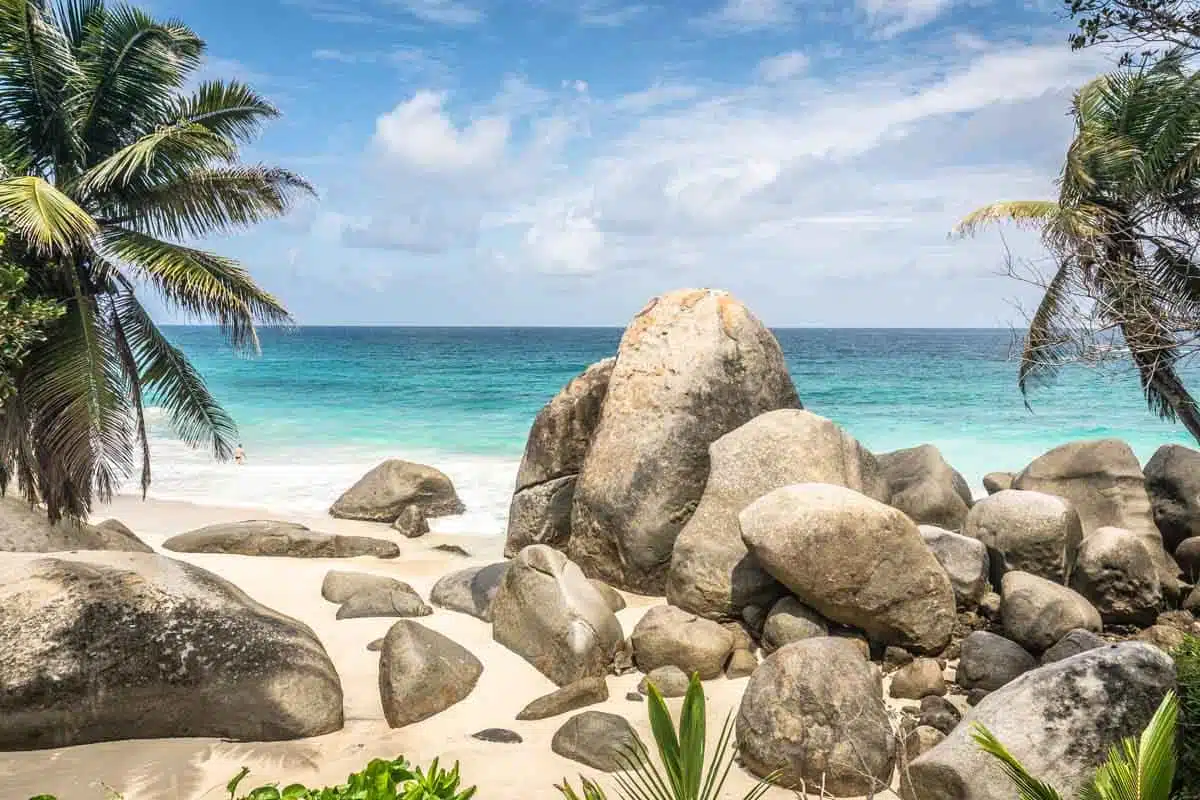
Environmental sustainability focuses on minimising the negative impact of travel and tourism on the natural environment, conserving natural resources, and protecting biodiversity in the process.
It emphasises the connection between tourism and the environment and promotes responsible practices to reduce carbon emissions, waste, and ecological degradation.
The link between the aviation and cruise industries and carbon emissions has been widely documented, but the environmental impact of a trip goes well beyond getting to your destination.
You also need to take steps when visiting a new location to learn how to travel eco-friendly and responsibly every day.
Working towards learning how to travel more sustainably includes staying on marked trails, limiting your time in the shower, and bringing a reusable water bottle. It also means learning about a location and how you can help protect the resources and wildlife when you visit on a larger scale.
2. Socio-Cultural
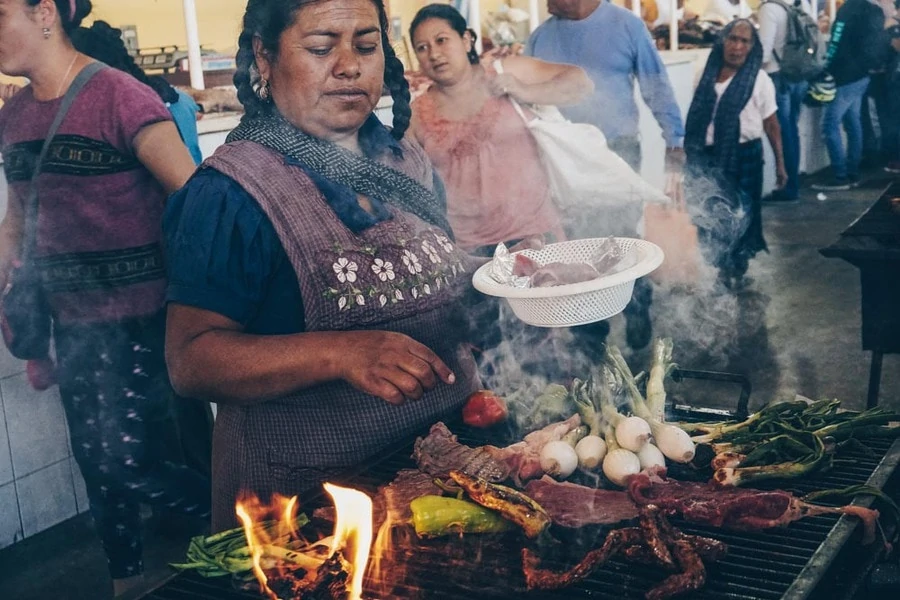
Socio-cultural sustainability focuses on preserving and celebrating the social and cultural heritage of destinations, fostering respect for local communities, and ensuring that tourism activities contribute positively to their well-being.
The socio-cultural impact of tourism can have a ripple effect on a location, whether you know it or not. Factors such as community engagement, social equity (creating equitable opportunities for members of the local community through fair employment practices), and cultural preservation sit at the heart of this pillar.
The good news? Many countries and organisations are taking steps toward educating visitors and limiting large corporate influences on vulnerable locations and communities.
But there’s a lot you as the traveller need to consider too. Understand that your habits and reasons for visiting a location can have lasting effects on the community.
3. Economic
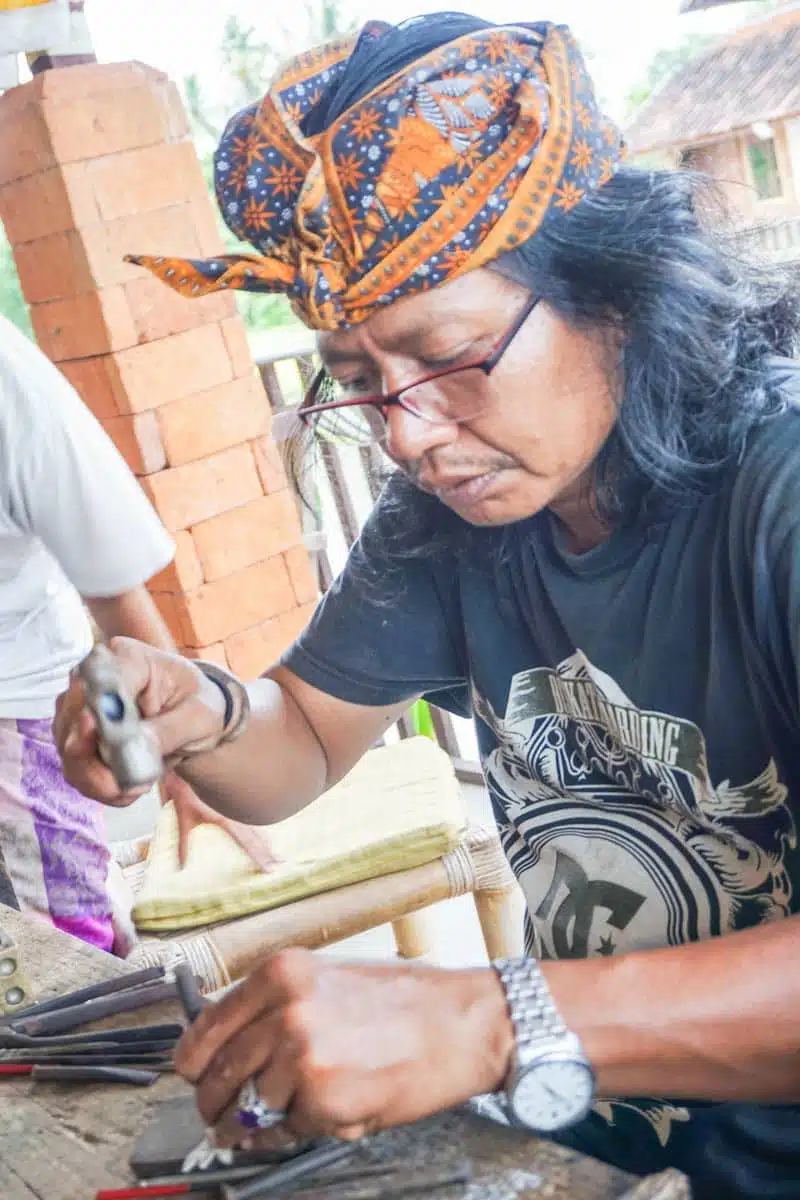
Economic sustainability in travel and tourism refers to the ability of destinations to generate long-term economic benefits and support local livelihoods. It’s rooted in the idea that tourism should contribute to economic growth and the overall well-being of local communities.
This means focusing on local economic development by promoting local entrepreneurship, goods and services, reducing leakage (when a significant portion of tourism revenue leaves the destination flowing to international companies and their investors), and diversifying tourism offerings beyond the standard “must-see attractions” and peak seasons.
More organisations and tourist boards are making efforts to bring tourism to lesser-known locations and cultures to support the local economy.
What Are the Benefits of Sustainable Travel?
Now that we know a little more about the meaning of sustainable travel, it’s time to look at its benefits.
Effects on the Environment

Sustainable travel can immediately affect the environment. By understanding local customs, rules, and landscapes, you can help offset the effects on the environment you visit in major ways.
Staying on trails to prevent erosion, using less water in communities going through droughts, and eating sustainable food all positively impact a location not only in the future but right now.
Taking steps to reduce your carbon footprint can also help mitigate climate change and conserve natural resources.
Impact on Local Communities
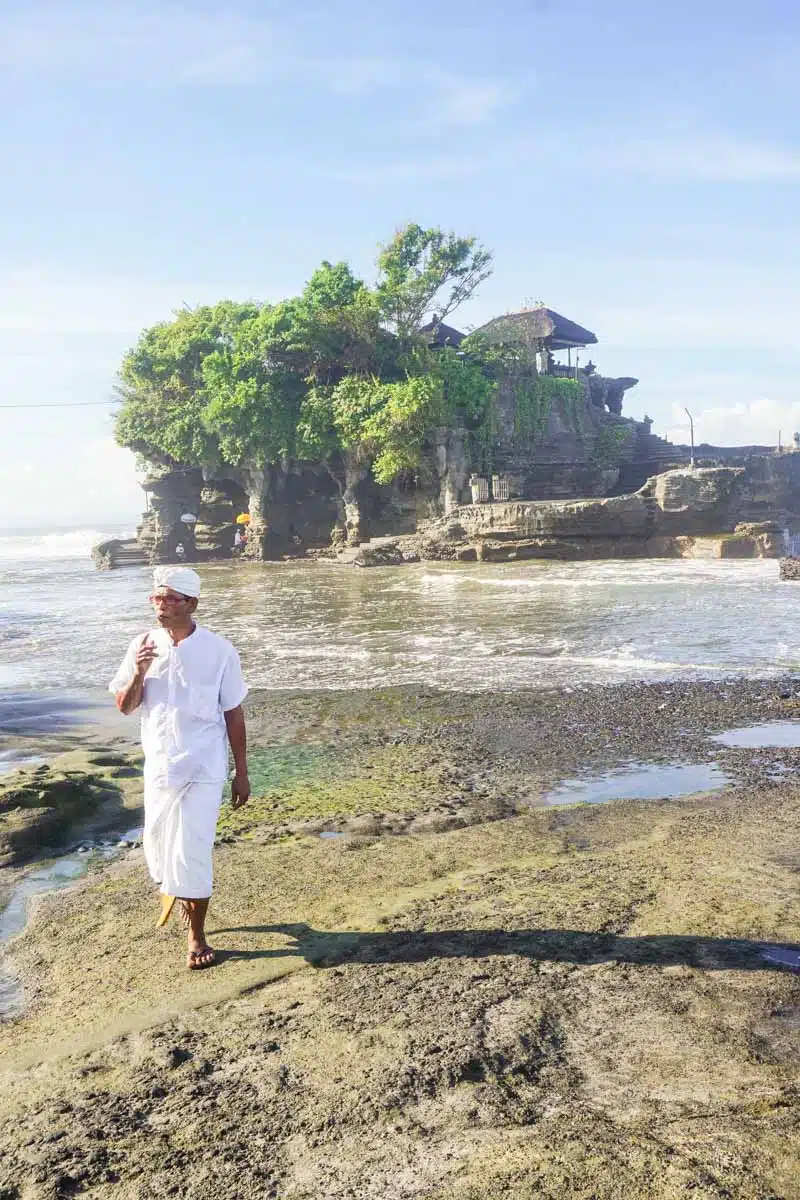
Sustainable and conscious travel seeks to positively impact local communities.
When you respect cultures and people, you help keep customs and traditions alive and allow local communities to share their stories with you and sometimes the world. Trust me; it’s well worth the small effort.
Influence on the Economy
One undeniable aspect of travel is the economic impact it makes on locations when tourism expands. Over-tourism is a problem and often leads to major corporations moving in and taking profits from smaller vendors and local residents.
When you practise eco-conscious and sustainable travel, you can support local communities and help boutique hotels, artisanal shops, and small businesses thrive in locations near and far.
Why Isn’t the Current State of Travel Sustainable?
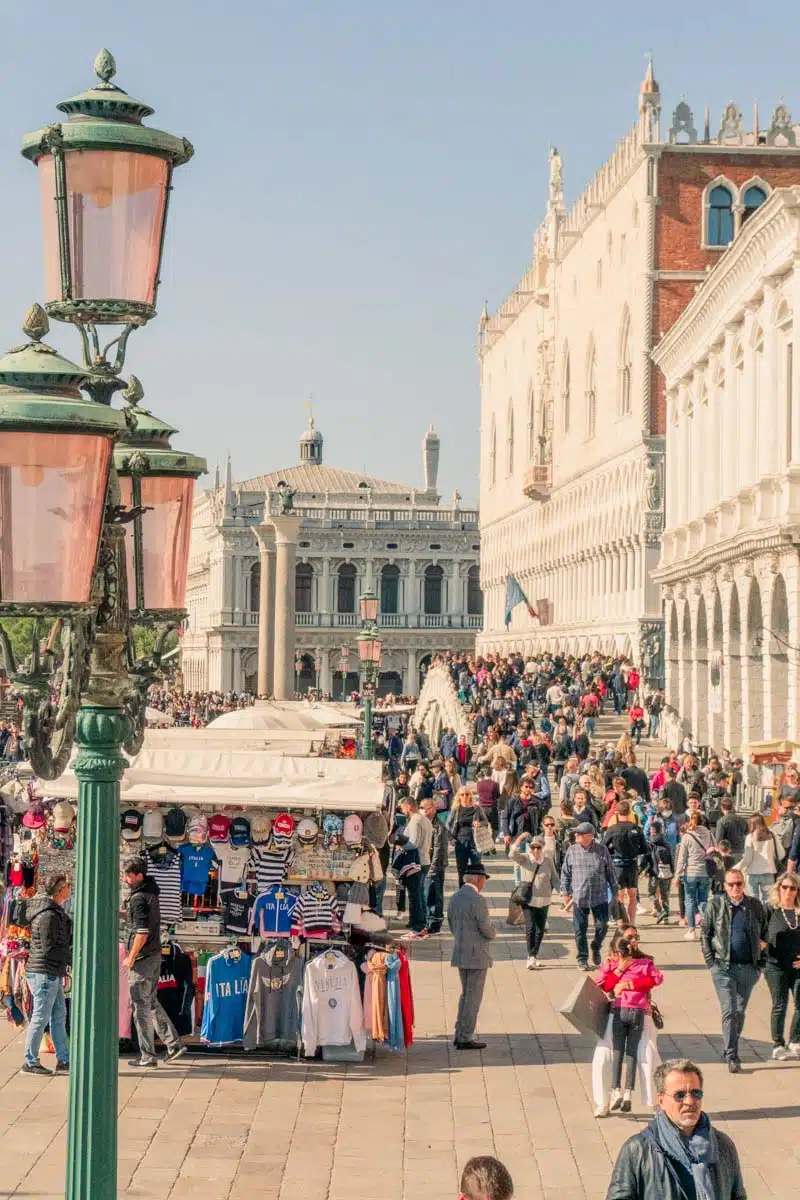
I touched on this in the opening of the article, but the current state of travel simply isn’t sustainable thanks to a combination of carbon emissions, environmental impact, and its effect on residents in many popular locations.
There’s also a need to ask ourselves why we’re visiting a location. Is it to tick another faraway destination off the list, or are you really trying to learn from the culture and location you’re visiting?
Recognizing negative trends in travel is essential to understanding why we need ethical travel strategies.
Environmental Footprint
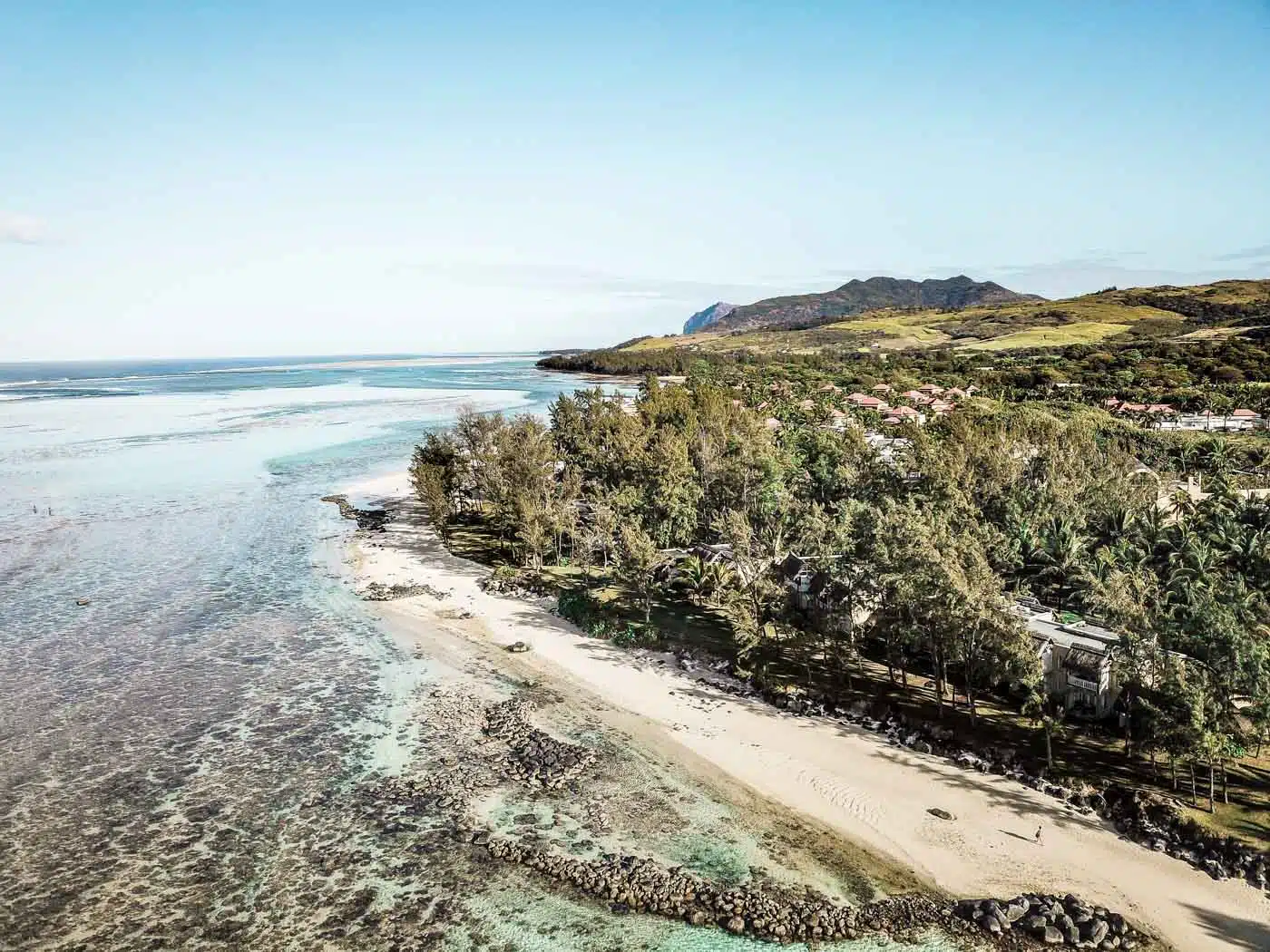
There are tangible environmental impacts when we travel. Facts. Our presence is felt whether we take a quick weekend getaway or fly across the world to snorkel along a rarely visited coral reef.
Tourism produces around 8% of the world’s carbon emissions, which doesn’t even begin to account for other environmental impacts like the extra trash, sewage waste, and limited resources we consume when visiting places worldwide.
Add to that trampled plants for selfies and damaged coral from sand kicking up from diving fins, and you get the picture.
I’m not saying you shouldn’t travel. You definitely should. But recognize how you impact the environment around you, ask questions, read up, and find ways to reduce your environmental footprint.
Socio-Cultural Impacts of Mass Tourism

When a location becomes the next big thing, the socio-cultural impacts are often noticeable in more ways than one. Increased tourism can change a location and culture in subtle and not-so-subtle ways if we’re not careful.
Increased crime and an influx of drugs and prostitution occur in worst-case scenarios. But there are other impacts, like tourists etching their initials on culturally significant artefacts and landmarks to tourists mistreating locals or not adhering to cultural norms.
Because some tourists behave inappropriately when visiting new destinations, there are lasting socio-cultural impacts in some places, and locals begin to sour on the prospect of tourism in their cities and towns.
Economic Implications of Unsustainable Tourism
When mass tourism and unsustainable travel begins dominating a landscape and location, the economic implications often impact the local community in numerous ways.
Real estate becomes too expensive for locals to afford, big box stores replace small businesses, and communities begin to pay higher prices for essential goods and services. Fair wages are also an issue when international chains replace boutique hotels and local restaurants.
It’s a sad but all too common reality, but there are things you can do to slow it down.
How to Travel More Sustainably: Top Tips
Research Your Destination and Culture
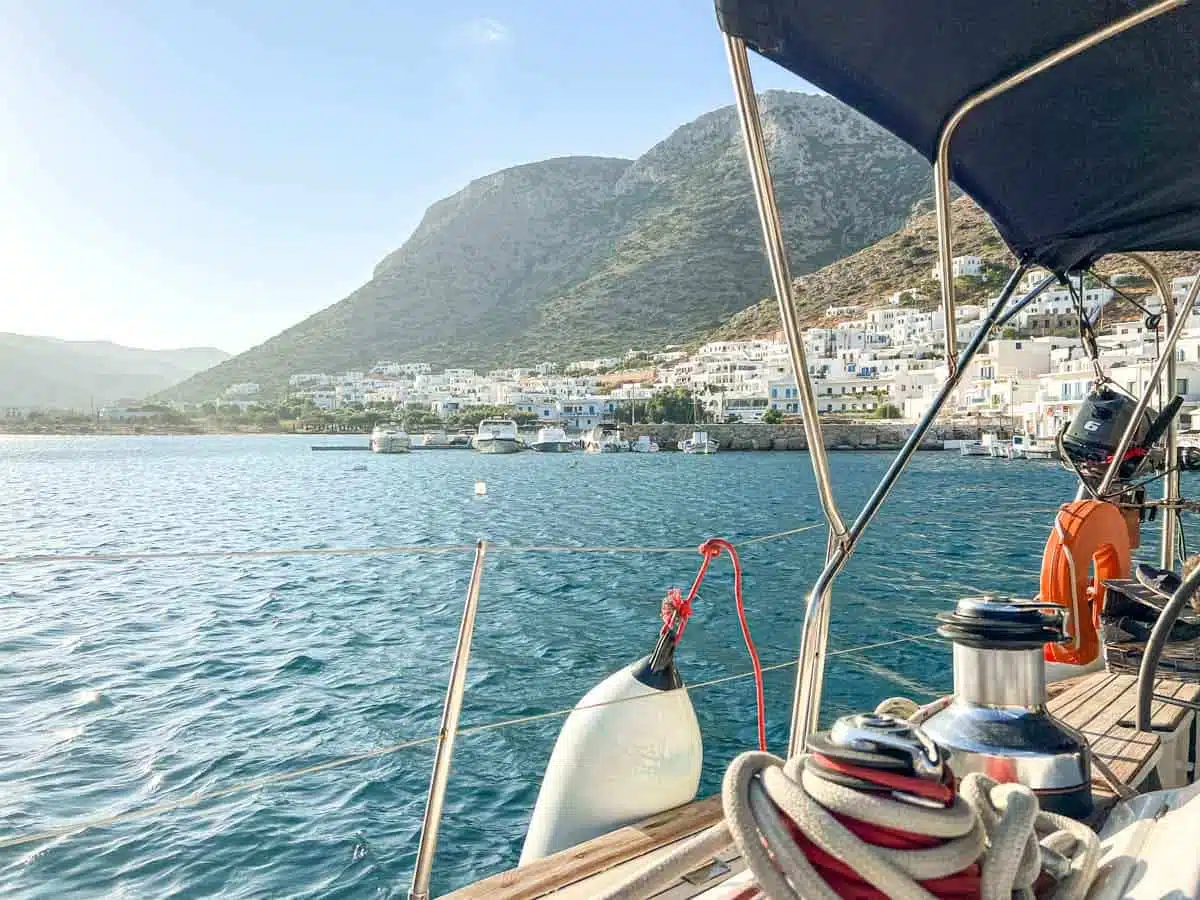
Learn more about travel sustainability tips and advice from locals before reaching your destination. Join online forums, download travel apps, and practise the language so you can connect with the residents of where you’re visiting.
To travel sustainably, you need to learn responsible travel tips for your location, including how to follow local customs, steps to take to preserve the land, and researching and learning other important factors that influence the local culture and landscape.
Choose Sustainable Travel Agencies
You can choose D.I.Y. sustainable travel or go through eco-friendly travel agencies with the right credentials and certifications.
It’s important to research the best organisations and avoid companies that practise greenwashing, the all too common habit of pretending to care about the environment while operating in a clearly counterproductive fashion.
Some companies I recommend include:
Pack Light and Pack Right

I admit I used to pack way more on holidays than I need to. Over the years, I’ve learned how to pack for solo travels and group adventures much more efficiently.
Packing light and packing right by using simple strategies, packing cubes, and other resources reduce emissions and lightens your travel load.
You can also have a much more enjoyable holiday when not lugging around an extra 23 kilos. Win-win.
Choose Sustainable Transportation
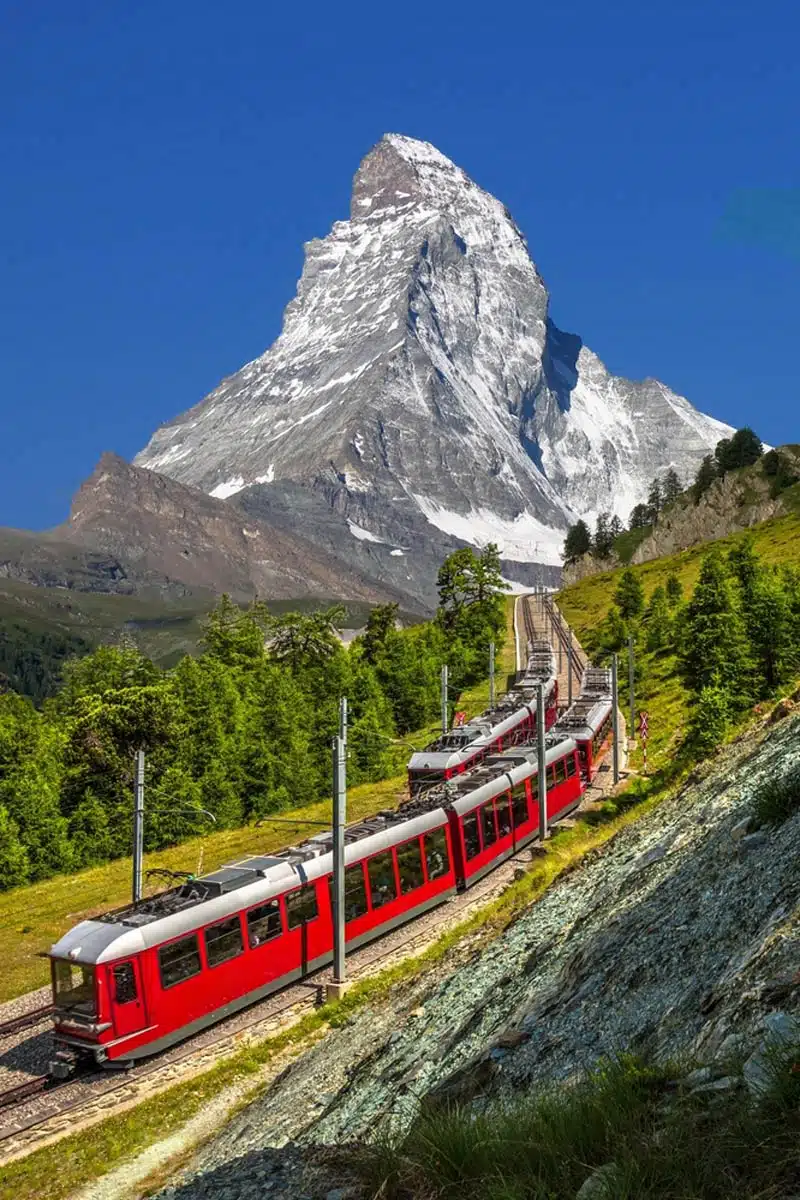
Choosing ethical travel choices for getting from place to place comes down to which mode of transportation you use.
Taking a plane is by far the largest contributor to emissions out of the common transportation options. It’s also not always the most convenient option.
On average, planes account for around 3% of climate-impacting emissions worldwide. Sometimes you have no choice, but if you’re debating between a short flight and another mode of travel, give it some thought.
Not only are buses and trains easier on the environment (especially with the growing trend of electric vehicles) they can save you a lot of money. For example, in Europe, you can buy an interrail pass which allows you unlimited train travel over a specified duration at a much lower price than multiple flights. We all love saving some cash, don’t we?
Train and bus stations are usually in the heart of the city, too. So you won’t need to take that long Uber ride to the airport. While the journey may take a bit longer, you’ll be more comfortable, and you can get on and off as you please.
Tips for Reducing Your Travel Carbon Footprint
Stay in Sustainable Accommodation
One step towards reducing your carbon footprint includes picking the right places to stay. Staying in locally-owned B&Bs and boutique hotels, or finding a spare room in someone’s home are all more sustainable options that can help you really learn about a culture and make friends along the way.
Want the most sustainable (and generally safe) option as a female solo traveller? Check out Host a Sister, where locals open up their homes for other female travellers in a FB group.
How to Choose Eco-Friendly Accommodation

Choosing an eco-friendly accommodation might sound easy, but there are some things you need to know.
Check a hotel’s credentials on its website and research certifications and awards received from legitimate sources like LEED.
But you should also investigate if they use locally crafted products, rely on solar or wind power, compost and recycle, and practise other eco-conscious trends at the hotel.
Conserving Resources During Your Stay
Practising conscious travel involves making choices to conserve resources and doing your part toward supporting a sustainable future for a location and community.
Shorten your showers, turn lights off as you do at home, buy goods from local businesses only, and try to walk instead of Uber when you can.
Support Local Economies for Ethical Travel
Supporting local economies goes a long way toward ethical travel. You help support local communities by buying from local businesses, reducing tourism leakage and promoting entrepreneurship.
Here are a few tips for supporting local economies the right way.
Buy Local Goods

Buying local goods reduces your carbon footprint by eliminating overseas transportation of products and services and helps the local community by providing a reliable source of income and a chance to tell their stories through arts and crafts.
Do your part and shop at local stores, eat at smaller restaurants, and stay at boutique hotels.
Hire Local Guides
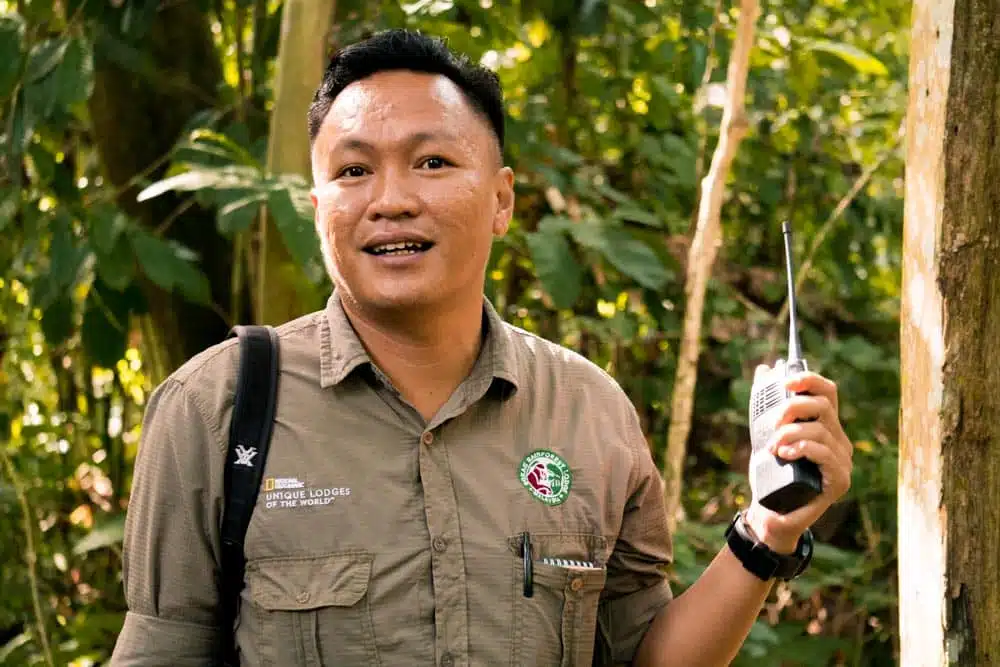
Hiring local guides is another way to practise conscious travel when visiting a location. By doing so, you’re putting money into the pockets of residents and community members, and you’ll likely learn much more from the people who live there.
Hiring local guides also gives them a chance to tell the story of their culture and land, preserving important cultural traditions while giving you more useful insight into landmarks and customs.
Eat at Local Restaurants

Eating at local restaurants helps support small businesses when you’re travelling. You can learn a great deal about a place through its culinary traditions and practices.
Choosing small businesses when eating and drinking helps small business owners create long-lasting economic success and oftentimes supports generations of families. And trust me, sampling local delicacies and secret family recipes is a lot more fun than finding the local McDonalds.
Respect Cultural Heritage and Biodiversity

When visiting new locations, you should always research ahead of time to learn about the cultural traditions and unique biodiversity of the location you’re travelling to.
Respecting cultural heritage and the natural landscape goes a long way toward preventing harmful changes related to travel.
Follow Local Customs and Traditions
Follow local traditions and practices such as body language, how to dress, and any traditional cultural norms. Doing so not only makes you look like a more responsible traveller, but helps preserve the local culture and can help foster new relationships.
Protect Natural Habitats
Always pay attention to customs and standards related to natural habitats. Stay on trails, pack out anything you pack in, and do your best to follow any rules and regulations which can change seasonally.
Ideas for Sustainable Travel
Whether you do this on your own or with a group, there are numerous ways to practise ethical tourism wherever you go. Added bonus – you’ll likely save money and learn more along the way.
Here are a few sustainable travel tips and ideas.
Sustainable Travel Tours
G Adventures
One company that is making a lasting impact on travel and the communities they visit is G Adventures. They promote conscious travel to help communities of indigenous people, women, and locations that depend on tourism to survive.
Here are a couple of tours they offer:
National Geographic Journeys Tanzania Safari Experience

G Adventures offers this 7-day safari where you learn about not only the wildlife near Ngorongoro Crater but also more about the indigenous people. Visiting a Maasai village is a highlight of this trip, where you can meet locals and learn more about their culture.
Best of Yellowstone & Grand Teton
You’ll explore canyons, mountains, lakes, and waterfalls while being led on a 7-day tour by a leader in ethical travel.
Enjoy a slow travel experience with lots of walking and a boat ride or two at one of my favourite ethical travel destinations.
Byway Travel
Looking to slow down and see the world around you? I thought so.
Byway curates holidays based on travel via trains, buses, and boats. By doing so you’ll lower your carbon footprint and probably have a lot more fun seeing the world around you.
Highlands and Islands
Taking the Highlands and Islands tour allows you to travel from London to Edinburgh with stops in Oban, the Isle of Iona, and Fort William via bus, ferry, and train.
Slowly make your way through the Scottish countryside and enjoy activities like kayaking, hiking, and biking along the way.
UK to Morocco Flight Free

Explore France and Spain on your way to Morocco without stepping foot inside a busy airport terminal or plane. This 16 day tour takes you through idyllic cities like Paris, Nimes, and Cadiz before taking a ferry over to Africa to explore Tangier, Chefchaouen, and Casablanca.
Intrepid Travel
Intrepid Travel leads small group tours to local communities and landmarks while employing responsible and sustainable practices.
Fiji Adventure
Take the Fiji Adventure tour to explore the island on foot, in rafts, and in local villages where you’ll spend long days hiking across the island before sampling local food and staying in small communities overnight.
Explore Bolivia to Brazil
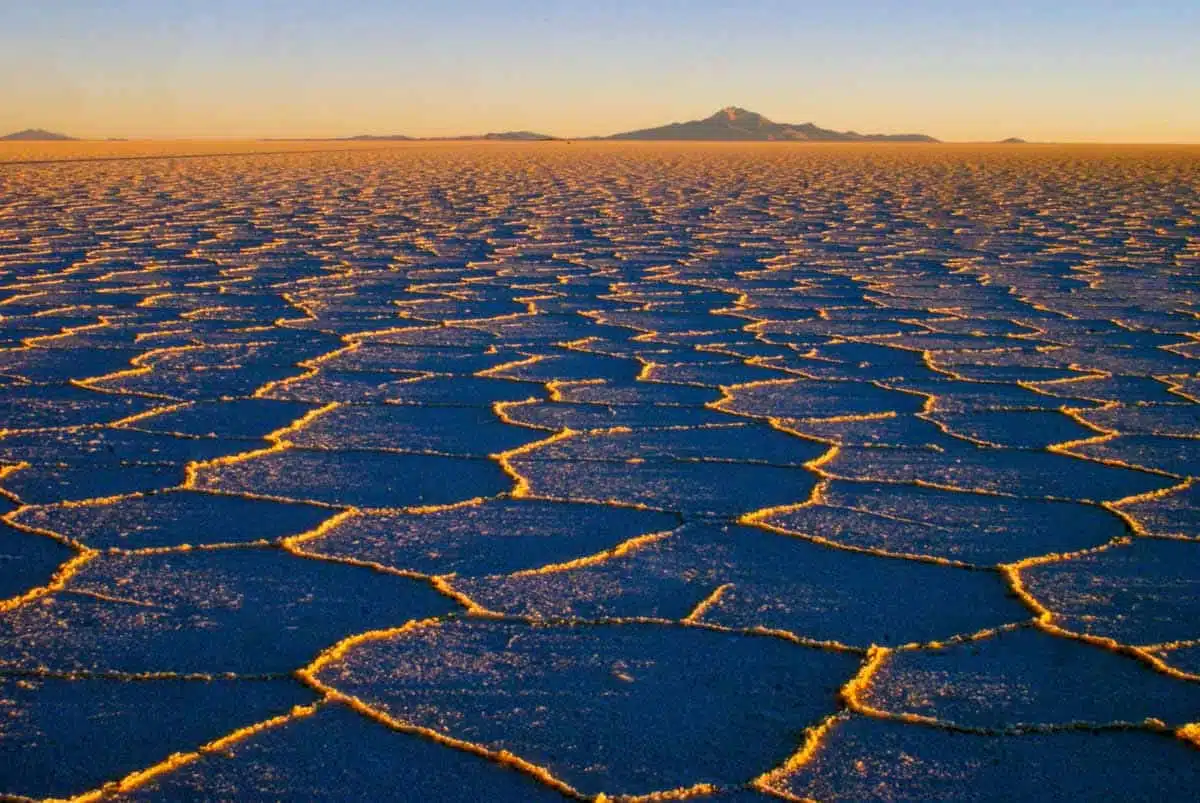
Looking to get away for a bit longer? The 31-day Explore Bolivia to Brazil package allows you to learn about indigenous cultures on a month-long journey through South America while working on farms, riding horseback, and off-roading through the Andean desert.
Sounds like an adventure of a lifetime. You in?
Ideal Locations for Sustainable Travel
Costa Rica
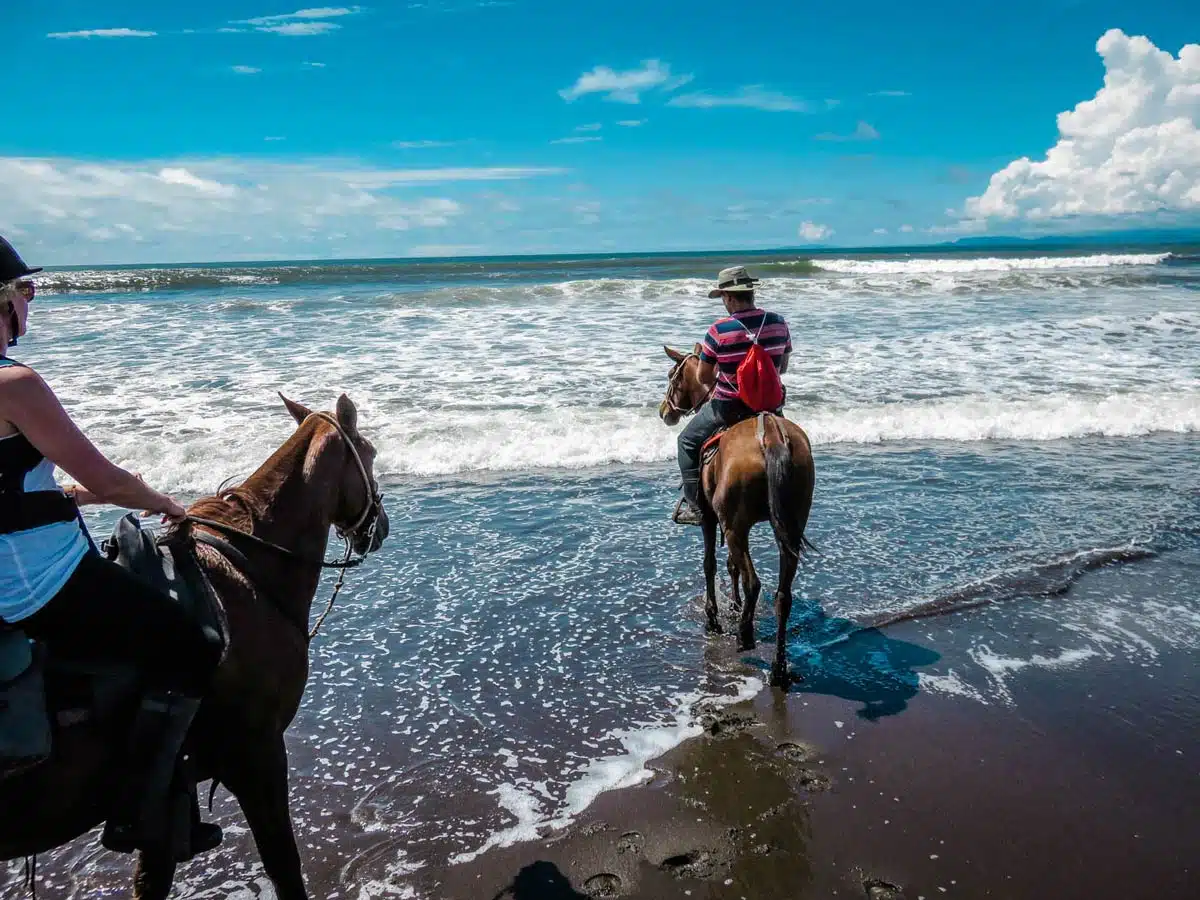
One example of travel positively impacting a location is Costa Rica. Because tourism centred around rainforests and the natural environment proved to put real money in the pockets of locals and the government, it actually helped preserve the quickly dwindling rainforests.
Now 30% of the country is controlled by national parks, providing a clear example of how tourism actually led to efforts to preserve the precious natural resources in a country as gorgeous as Costa Rica.
Finland

Ever fancy going to Northern Europe on holiday? Add Finland to your list of ethical travel destinations, with a focus on an initiative called the Sustainable Travel Finland programme.
The government works with the international community to establish and follow environmental and development goals and helps show tourists and travel professionals sustainable ways to travel in Finland.
Rhodes, Greece
Famous for being a sustainable travel destination for years now, Rhodes, Greece, leans into responsible travel and lifestyles with numerous vegan-friendly restaurants and an abundance of well-preserved nature parks.
Turkey
You can visit one of the pristine national parks or learn more about local culture in a village far from airports or major cities in Turkey.
There are plenty of eco-friendly accommodations in Istanbul, or you can stay at a boutique hotel in smaller towns. Göreme National Park is a popular location for sustainable and responsible travel.
Kruger National Park, South Africa

See first-hand how conscious tourism can have a lasting impact at Kruger National Park. Over the years, through travel and education, Kruger National Park has created jobs for locals and helped preserve the gorgeous landscape and wildlife in South Africa.
Sedona, Arizona

I love when a community recognizes the value of tourism and builds the infrastructure to support sustainable travel. Sedona has done this (and more) by actively slowing down auto traffic, adding refillable water stations, and encouraging visitors to discover lesser-travelled locations.
Conclusion
Next time you make holiday plans, do it through the lens of sustainable and conscious travel. Take time to learn how locals live, respect customs and norms, and do your best to reduce your environmental footprint when travelling.
Embrace sustainable travel and do your best to only leave a positive impression wherever you go. Not only will it help future generations enjoy the same beautiful locations and cultures, but you’ll enjoy your travels more (and feel a lot better about it) when you practise social and eco-conscious travel.
Practical Resources for Pursuing Eco-Friendly Tourism
- Sustainable Travel International commits resources and educational opportunities aimed at collaborating with other organisations, travellers, and governments to promote tourism with an emphasis on positive change for the future.
- The United Nations World Tourism Organization aims to promote sustainable travel destinations and educate travellers and organisations about lesser-known locations that can benefit from tourism.
- Sustainable Revolution: Permaculture in Ecovillages, Urban Farms, and Communities Worldwide is a book dedicated to studying Permaculture, or the idea of how cultures can live and thrive within nature’s inherent boundaries and tendencies.
- Greenly helps give businesses an idea of their carbon footprint through private consultations that offer advice on improving sustainable travel and reducing emissions.
- NYT: Be a More Sustainable Traveler discusses trends and steps you can take towards socially and environmentally conscious travel.
Love This? Save and Share on Pinterest

